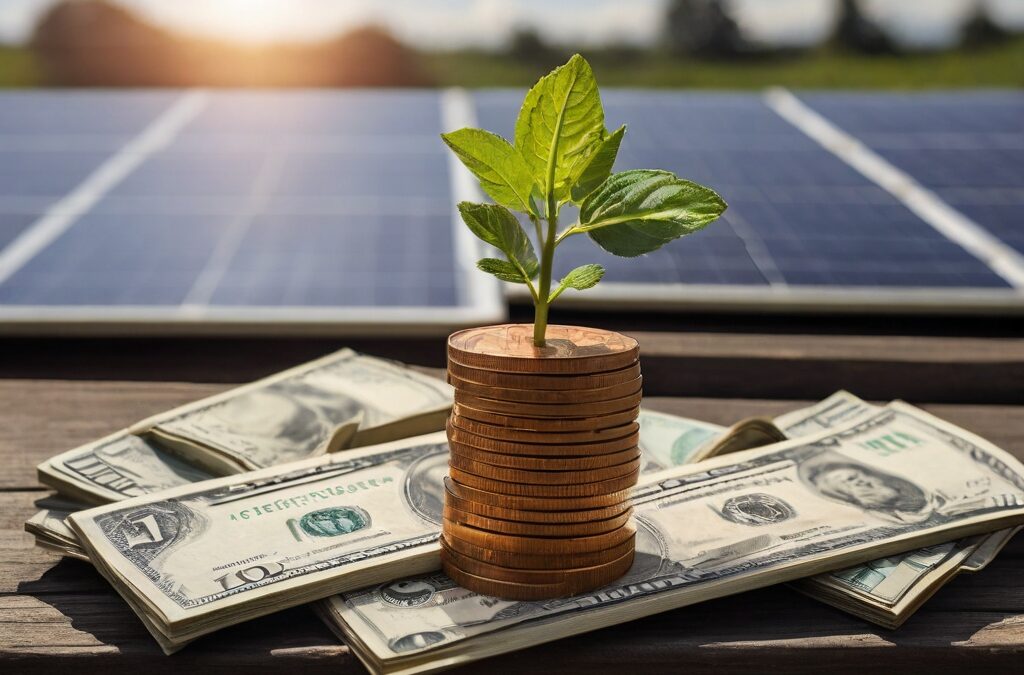Solar panels have become a hot topic in recent years, and for good reason. They offer a clean, renewable energy source that can significantly reduce your electricity bills and contribute to a greener planet. But the burning question remains: Do home solar panels pay for themselves? Let’s dive into the details and explore both sides of the equation.
The Economics of Solar Panels
The Upfront Investment
When you decide to install solar panels, there’s an initial cost involved. You’ll need to purchase the panels, have them installed, and possibly invest in additional equipment like inverters and batteries. This upfront investment can be substantial, and it’s one of the main factors that give homeowners pause.
The Payback Period
The good news is that solar panels typically pay for themselves over time. Here’s how it works:
- Payback Period: On average, solar panels pay for themselves within nine to 12 years. During this time, you’re essentially getting free energy from the sun.
- Lifespan: Solar panels have a lifespan of 25 years or more, which means they continue to generate electricity long after the payback period. Maintenance costs aside, the energy they produce becomes essentially free.
Factors That Influence Payback Time
-
Sunlight Exposure:
- The more sunlight your location receives, the faster your solar panels will pay for themselves. Sun-drenched states like California and Arizona often see quicker payback periods.
- However, even in less sunny regions, solar panels can still be financially beneficial.
-
Energy Costs:
- If your electricity rates are high, solar panels become more attractive. They reduce or eliminate your electric utility bills, saving you money each month.
-
Incentives and Tax Credits:
- Federal and state incentives can significantly shorten the payback period. These include tax credits, rebates, and grants.
- Check what’s available in your area to maximize your savings.
Beyond the Dollars: Environmental Benefits
While the financial aspect is crucial, don’t forget the broader picture:
- Environmental Impact: Solar panels significantly reduce greenhouse gas emissions. They’re a cleaner alternative to fossil fuels, contributing to a healthier planet.
- Energy Independence: Generating your own electricity means you’re less reliant on the grid. It’s a step toward energy independence and resilience.
Is It Worth It?
The decision to invest in home solar panels goes beyond mere dollars and cents:
- If you plan to stay in your home for many years, the long-term savings and increased property value can make solar panels worth it.
- Consider the environmental benefits—the social costs of solar energy are undeniably far less than those of fossil fuels.
- Compare quotes from multiple solar companies to find the best deal.
So, do home solar panels pay for themselves? Absolutely! Whether it’s a quick payback or a longer journey, the benefits extend beyond your wallet. Visit our website homeX10.com to learn more about solar systems and calculate potential savings. ☀️🏡
Remember, going solar is an investment in both your home and the future. Choose wisely, and let the sun power your path!
